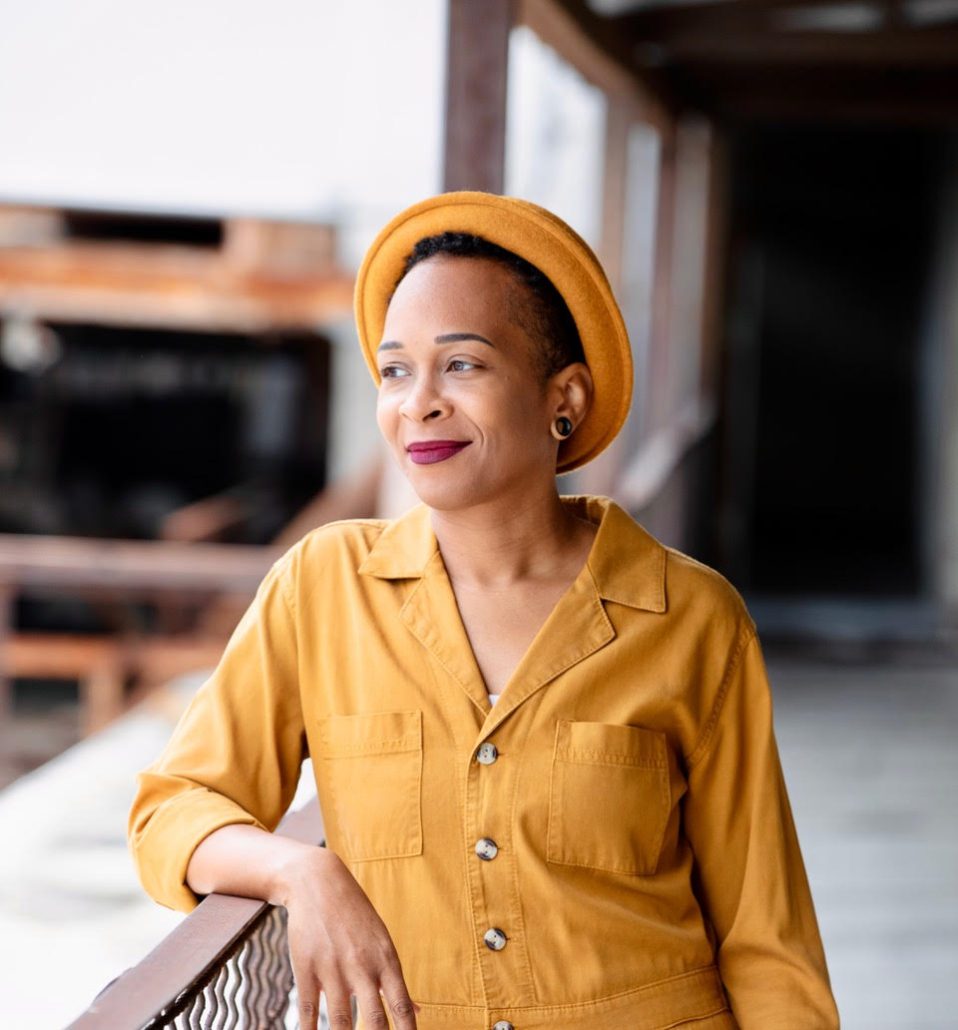Perish
THE DEBUT NOVEL FROM KIMBILIO FELLOW LATOYA WATKINS
Spanning decades Perish tracks the choices Helen Jean—the matriarch of the Turner family—makes and the way those choices have rippled across generations, from her children to her grandchildren and beyond. Told in alternating chapters, Perish follows four members of the Turner family: Julie B., a woman who regrets her wasted youth and the time spent under Helen Jean’s thumb; Alex, a police officer grappling with a dark and twisted past; Jan, a mother of two who yearns to go to school and leave Jerusalem, Texas, and all of its trauma behind for good; and Lydia, a woman whose marriage is falling apart because her body can’t seem to stay pregnant, as they’re called home to say goodbye to their mother and grandmother.



